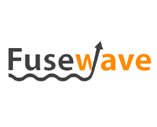 We all want our websites to be top of search engine results, but some of us have also heard of companies being penalised in search engine results for spammy links. So what should we being doing for our own website to give us the best chance of being found by potential customers?
We all want our websites to be top of search engine results, but some of us have also heard of companies being penalised in search engine results for spammy links. So what should we being doing for our own website to give us the best chance of being found by potential customers?
John Summers MD of Fusewave, (a Digital Marketing agency specialising in Natural Search (SEO), Paid Search (PPC), Website Design and Content Marketing Strategy) knows the answers and today kicks off a series of articles on how to attract traffic to your website and the pitfalls to avoid.
Why building backlinks does wonders for your website
Link building is a subject of interest to a great number of webmasters, business managers and SEO professionals. This is because of the dramatic effects that good and bad link building can have.
This is a simple introduction to a much debated practice, which I will expand on in subsequent posts. In the meantime, enjoy and feel free to share your thoughts in the comments section.
 Links – what are they?
Links – what are they?
To return to the internet’s oldest metaphor, links are the strands in the World Wide Web. These hyperlinks are spun between one website and another and sites that attract more links are, generally speaking, doing their SEO right. However, it is important to remember that when it comes to links, quality matters.
Terminology
Apologies if this is a tad basic, but explaining the terminology regarding links seems to be the sensible place to begin. More interesting elements will follow very shortly, but for now let’s take a quick look at some terms that will keep cropping up in the discussion of link building.
 Inbound link/backlink
Inbound link/backlink
These are what you want if you are optimising a website. An inbound link is a link placed elsewhere on the web, pointing back to your domain.
Outbound link
As the name might suggest, an outbound link is a link from your website to another domain.
Reciprocal link
A reciprocal link is mutual, where two different sites link to each other.
Resource link
Resource links can be one or two-way and usually link to websites offering beneficial and useful information on a relevant subject.
How do search engines view links?
Since the 1990s search engines have seen links as indicators of quality and value in a website. The theory was that the more links that pointed to a domain, the more valuable it was. A sensible conclusion, you might think. And you’d be right, but quantity is not always quality, and poor quality links can now do more harm than good.
Search engines today have refined the way they analyse websites. They use complex algorithms in their evaluations of different domains, and links from sites of dubious quality which seem unnatural can bring up a red flag. This can lead to sites being penalised and dropping down the search rankings. A number of SEOs found this out the hard way after Google’s ‘Penguin’ algorithm updates.
How to acquire links – the basics
- Natural editorial links: These links require no outreach at all but they are reliant on someone else wanting to link to your website from theirs. This means having top quality content on your site is essential – material that people will voluntarily link to. Tamebay is a great example of how a website can acquire links through the virtues of creating great content.
- Outreach link building: This is where a site owner would contact bloggers and webmasters to request links, submits a site link to a directory or pays for a listing online. This can involve trying to persuade webmasters or editors why your link should feature on their site and might involve a form of compensation.
- Self-created, non-editorial links: Links can be created to a site through forum signatures, guestbook signing, blog comments and user profiles. Generally speaking these links have little value and are considered spammy. There are a few diamonds in the rough like Dmoz directory which you can submit to today
John will elaborate on the value and quality of different links in his next post, Link building: the good, the bad and the ugly. This will offer some more insight into the types of links that are worth pursuing, and those to avoid at all costs.

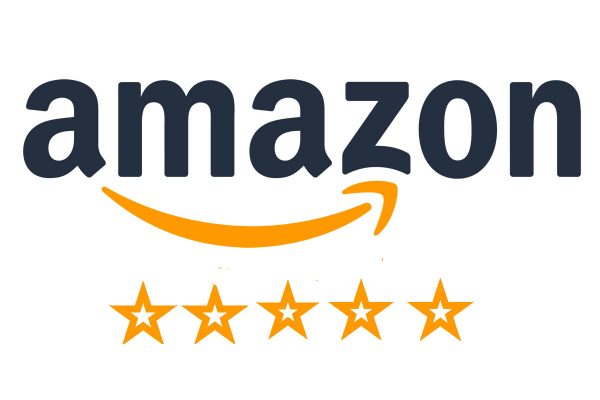
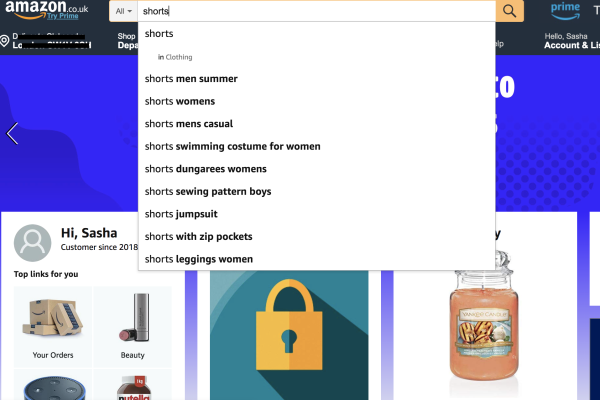
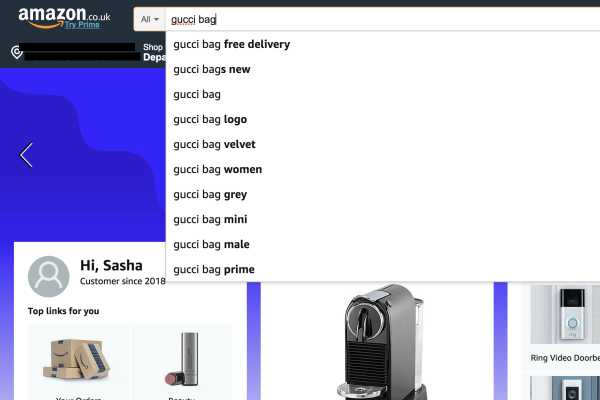

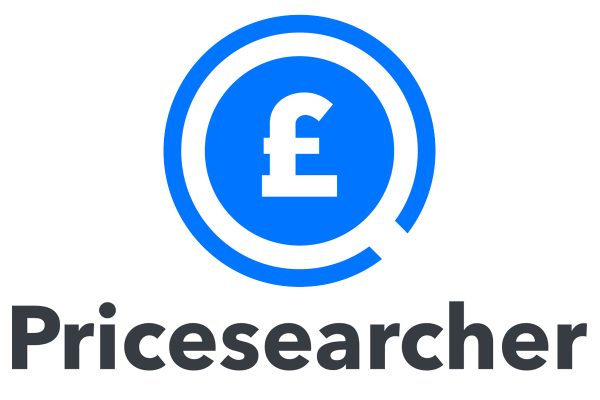




8 Responses
so whats the value of a tamebay link 🙂 lets see!
so what your saying is a link in the content on a reply is what matters, such as https://www.irishcountry.ie
and does a link matter unless there are keywaords in the content?
too much knowledge about this, just use traditional method. Blogwalking (manual commenting) is the best way to get some quality backlink.
Some great information, looking forward to the next post!
Hi Guys
Blog commenting can be useful as a relationship tool or to drive relevant traffic to your site (as long as your link is in context of the conversation). Blog commenting for link building should be used with caution however. Blog commenting leaves a footprint that is easily picked up by Search Engines and can contribute to website penalties if overused.
I hope this helps to clarify:)